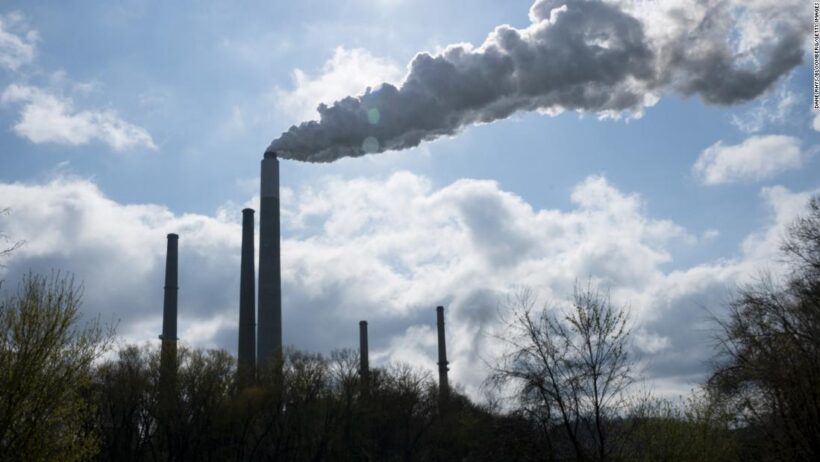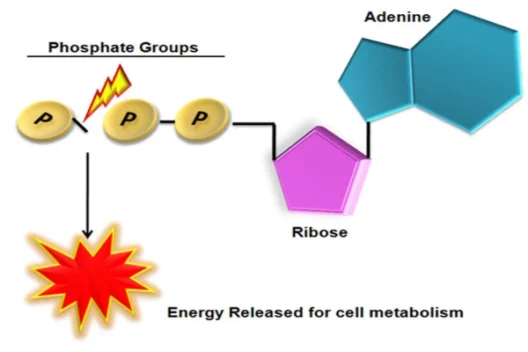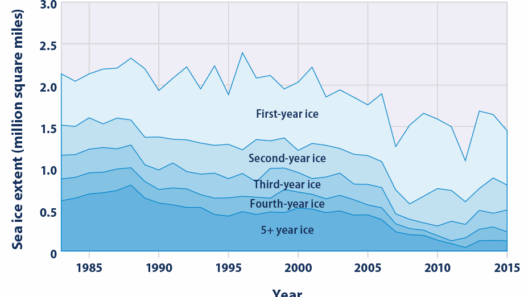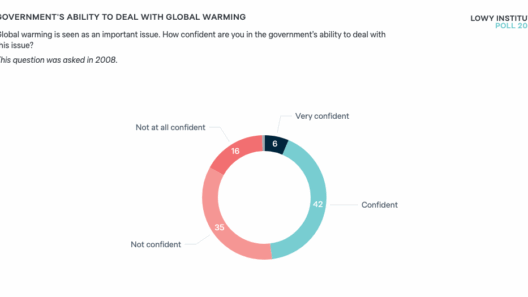The climate crisis, a looming specter over the United States, poses an urgent threat that reverberates through various sectors of society. As the planet warms, the ramifications extend beyond natural disasters; they encroach upon economic stability, public health, and our environmental mosaic. It is imperative to delve deeper into this pressing issue, understanding its origins, its manifestations, and, crucially, the critical path forward.
To comprehend the gravity of the climate crisis, one must first grasp the scientific basis underpinning it. The continuous emission of greenhouse gases (GHGs)—which primarily arise from fossil fuel combustion, deforestation, and industrial activities—has propelled atmospheric carbon dioxide levels to unprecedented heights. This accumulation creates a greenhouse effect, trapping heat within the Earth’s atmosphere and thereby altering weather patterns. The Intergovernmental Panel on Climate Change (IPCC) outlines a significant increase in extreme weather events, including hurricanes, droughts, and wildfires, all exacerbated by climate change. These phenomena are not mere statistical anomalies; they translate into tangible threats to livelihoods and ecosystems.
The economic implications of climate change are a central concern. Numerous economists and researchers have underscored that unchecked climate change could lead to dire economic repercussions, with projections estimating trillion-dollar losses in various industries, particularly agriculture, insurance, and infrastructure. Crop yields are becoming increasingly erratic due to shifting precipitation patterns, while insurers grapple with escalating claims resulting from natural disasters. The outlook for coastal cities is grim; rising sea levels threaten to inundate urban areas, displacing residents and disrupting local economies. In essence, the costs of inaction are far steeper than the investments needed to pivot towards sustainable practices.
Public health, inherently linked to our environment, also stands at risk. The World Health Organization (WHO) warns that climate change is likely to become one of the greatest threats to global health in the coming decades. Increasing temperatures lead to a surge in heat-related illnesses and exacerbate respiratory conditions through intensified air pollution. Vector-borne diseases, such as malaria and dengue fever, are proliferating into new regions as changing climates enable vectors to thrive. Vulnerable populations, particularly the elderly and low-income communities, bear the greatest burden, marking a troubling intersection of climate and social justice.
Moreover, the ecological ramifications of climate change are profound and irreversible. Ecosystems are delicate tapestries woven through evolution, and each active component plays a crucial role in maintaining balance. As temperatures rise and habitats shift, many species face extinction. Coral reefs, often dubbed the rainforests of the sea, are experiencing mass bleaching events caused by warmer waters and acidification, endangering marine biodiversity. Terrestrial habitats are equally susceptible, as many species struggle to adapt to rapidly changing climates, leading to altered migration patterns and altered food sources. This disruption of biological networks not only affects flora and fauna but ultimately threatens human existence, as biodiversity underpins food security and ecosystem services.
Understanding these multifaceted threats compels a reevaluation of our current trajectory. Engagement from all sectors—governmental, corporate, and individual—is paramount to mitigate the impending crises. Countries around the world, including the U.S., have made various commitments to reduce emissions and transition to renewable energy sources. However, these promises often lag behind the scientific imperatives highlighted by climate experts. The United States, as a historical leader in greenhouse gas emissions, carries a profound responsibility to spearhead global initiatives in combating climate change.
This responsibility requires immediate and substantial actions. Transitioning to renewable energy sources like solar, wind, and hydropower is critical—not only for reducing emissions but also for fostering energy independence and sustainability. The implementation of policies that promote energy efficiency, alongside incentives for green technology adoption, can pave the way for innovative solutions. Smart urban planning that emphasizes public transport, green spaces, and resilient infrastructure can further enhance our adaptability to climate disruptions.
Community engagement is another pivotal element in tackling climate change. Mobilizing grassroots initiatives fosters a sense of ownership and responsibility among citizens. Local governments play a crucial role in fostering dialogue and implementing climate action plans that reflect community needs and capacities. Educating individuals on sustainable practices, such as reducing waste, conserving energy, and supporting local agriculture, cultivates a culture of sustainability that extends beyond simple activism.
International collaboration is also indispensable. Climate change transcends borders and, therefore, requires a concerted global effort. The Paris Agreement serves as a robust framework for nations to commit to emissions reductions, yet its success hinges on accountability and transparency. By fostering cooperation and sharing technological advancements, countries can harness collective knowledge and resources to counteract climate impacts.
In summation, the climate crisis is an urgent threat that demands immediate attention and action from every facet of society. Acknowledging the intricate connections between economics, public health, and environmental sustainability forms a basis for proactivity in the face of adversity. The time for speculative dialogue has passed; now is the moment to implement tangible change. Through collaborative efforts and unwavering commitment, we can reshape our response to climate change, ensuring a sustainable future for generations to come.








